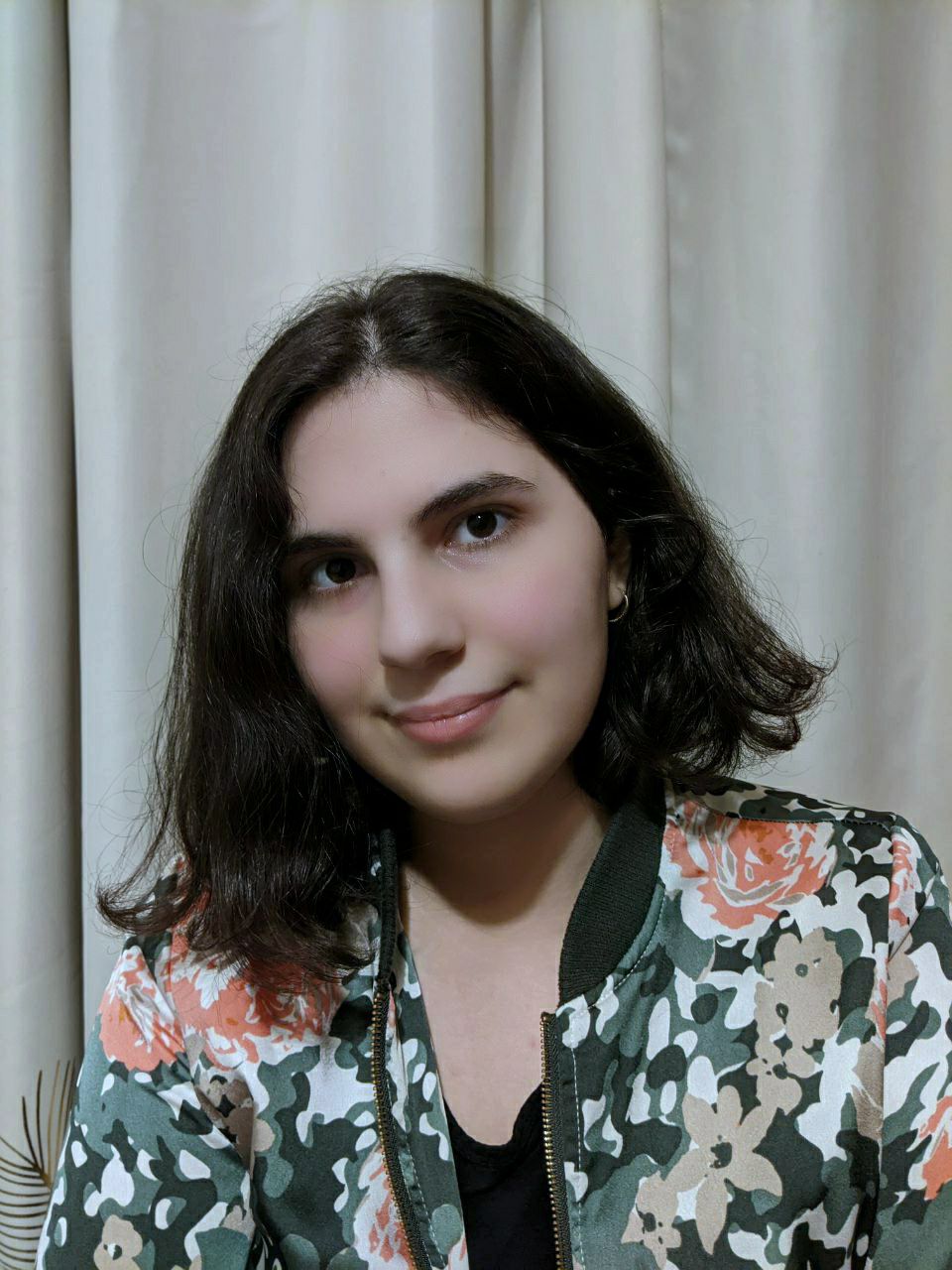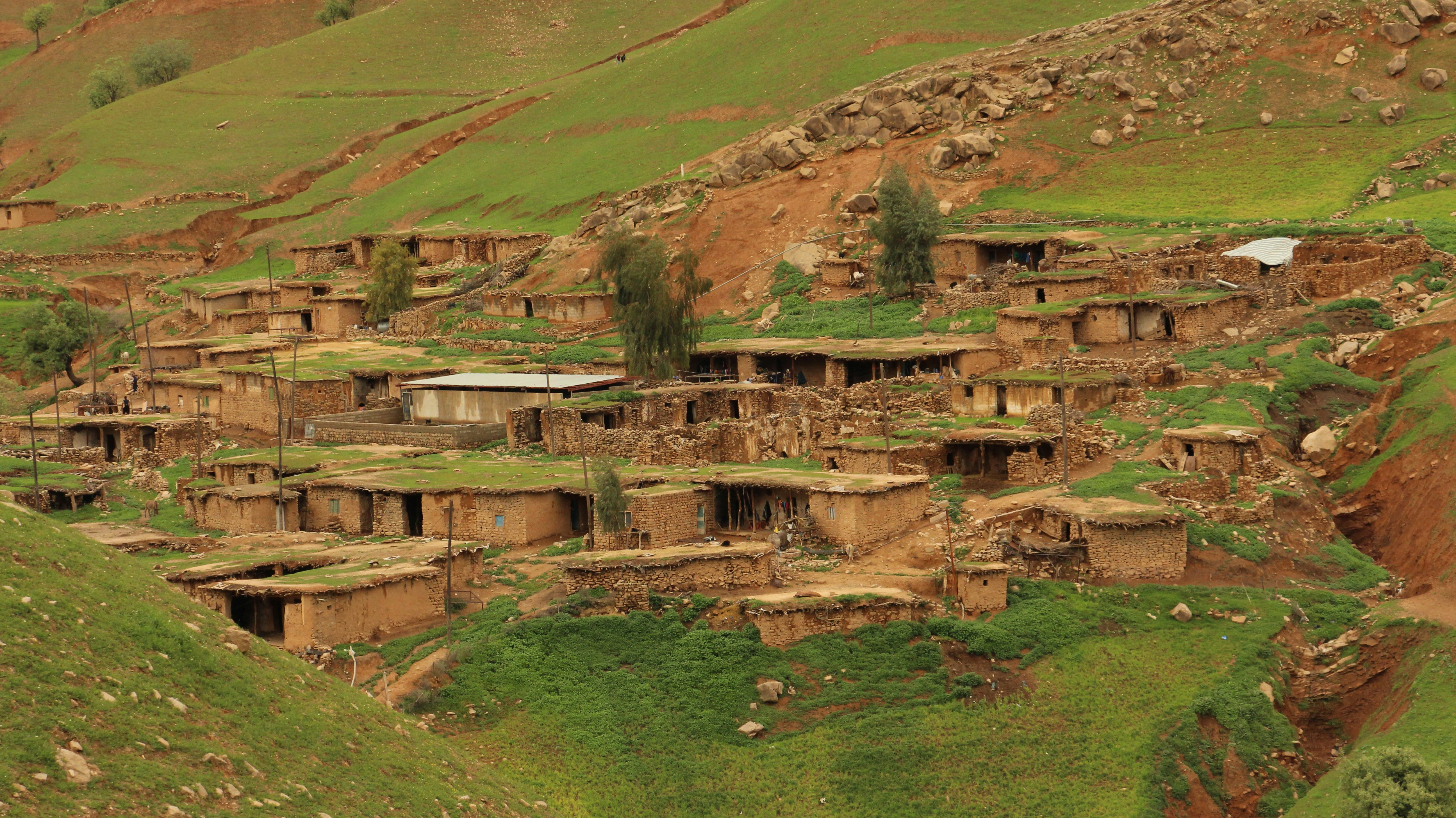Pari Sabti: A Revolutionary Writer

Pari Sabti was born and raised in Ahvaz. That's the capital city of the Khuzestan province which is in southwest Iran. Their family moved to Northern Virginia when they were a teenager, and have been living in the area since then. They are finishing their BFA in Creative Writing and will be starting their MFA in Poetry in the fall.
When asked about their inspiration for writing, Pari says that they might use the word obsession rather than inspiration. There are particular things in their own life that they are obsessed with capturing in poetry. They say, “They’re recursive to me: no matter if I’m thinking of them or not, if I set out to write about them or not, they bleed into and eventually take over my work. They might be people, places, or certain events. Usually they’re lost to me—people that have passed or that I’m not in contact with anymore, places I’ve left, etc. Anyway, that’s a pretentious and long-winded way of saying I draw inspiration from my own life and connections.”
Photo of Dehdez, Khuzestan, Iran by Soroush Bahramian (@sorush_b87)
In regards to their favorite form of writing, Pari states that it might be “too boring”, but it's poetry! They say that it’s the most satisfying form of writing they have done in their life. “I’ve been discovering a love for the American sonnet recently, so let’s say that’s my favorite form to work with right now. I do also enjoy writing a good essay, though I kind of hate the placid academic voice. I like making arguments, that’s what draws me into essays. For fiction—when I write it every once in a blue moon—I’m definitely most interested in speculative work. Pretty much all of my fiction is somewhere in the realm of fantasy, science fiction, magical realism, etc.”
Pari plans to keep working on projects in the near future, stating, “Well, I’m currently finishing up an undergraduate thesis featuring my translations of Forough Farrokhzad’s final book of poetry. After this, there’s two projects that I’m considering: one is a collection centering around my family and immigration, the other is a collection of American sonnets centering this character I’ve made up. I’m not sure which one I’ll be doing next.”
Because Pari collaborated with another artist on their works published in WR Volume 22, I asked what they thought were the better and worse parts of this process. “I’ll start with the less positive just to be mean. It can be difficult to match expectations and aesthetics. Obviously when you have more than one person, you have more than one taste and more than one vision for how the piece should go. That also means that sometimes you might have to pass on your own preferences.
On the more positive side, working with someone else can take you in directions you’d never think of yourself and give your writing a fresh touch. When you’re working with someone else, you need to know your own intent more clearly because you have to be able to communicate to the other person what you mean, so that you can try to match each other. It’s a different process but it’s a very satisfying one.”
Pari Sabti will be published in Windward Review Volume 22: Revolutionary Renga, available in Fall 2024. Until then, enjoy this preview of their work.
rephrasing borders
world shrouded in clouds
fogged bodies and soft masses
that cannot be cleared
 |
|
what point was there in fearing
the words they had yet to speak
still my mouth rebels
yes, silence is a disease
come. we’ll heal ourselves
cast away any pretense
of conforming speech to appease
 |
Photo: Sillouette by Greg Rakozy (@grakozy) |
cough out bloodied consonants
bring language back home
couching the cacophony
deep in your chest, native land
when salted, scream back
here is the abnormal tongue
rephrasing borders
these boundaries unbidden
will no longer hide their shame
Photo: Oscar Keys

